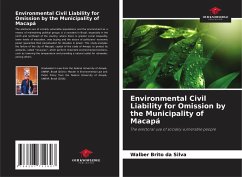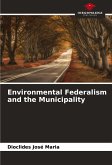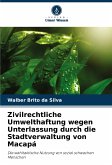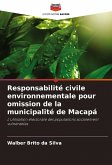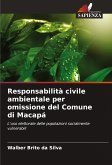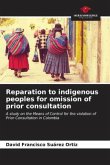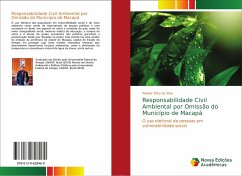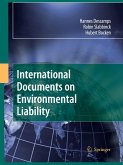The electoral use of socially vulnerable populations and the environment as a means of maintaining political groups is a constant in Brazil, especially in the north and northeast of the country, where there is greater social inequality, lower levels of education, vote buying and the abuse of politicians' economic power guarantee their perpetuation for decades in power. This study analyzes the failure of the city of Macapá, capital of the state of Amapá, to protect its wetlands, called "ressacas", which perform important environmental functions, such as lowering the temperature and providing a natural outlet for rainwater, among others.
Bitte wählen Sie Ihr Anliegen aus.
Rechnungen
Retourenschein anfordern
Bestellstatus
Storno

